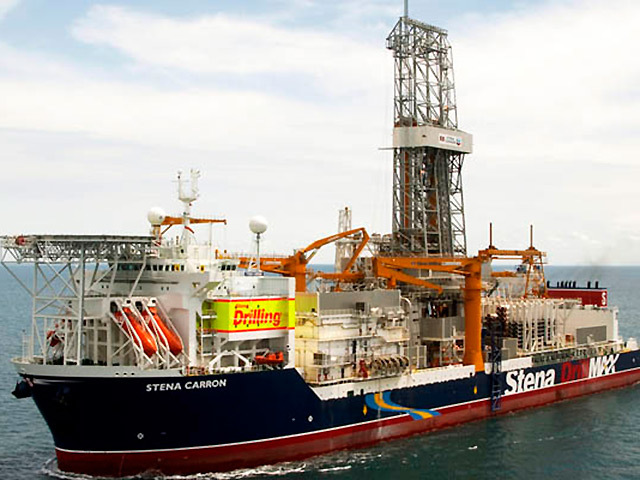
North Sea exploration firm Ithaca has sold off its interests West of Shetland to a new Norwegian-backed group as part of a series of farm-out deals.
The deal will see Oyster – a new firm backed by Norwegian energy industry investors HitecVision – taking the company’s 33.33% non-operated interest in the licence, which covers three blocks west of Shetland – including the Ainslie prospect.
The value of the deal, which has not been announced, is the first since Oyster’s $150million investment from HitecVision last week as the new company looks to move into the North Sea.
Oyster has also taken a 9% stake in Ithaca’s interests on other West of Shetland blocks in the Judd basin, including the 150million barrel Handcross prospect where the first exploration well will be drilled at the end of this year.
“We are very pleased to be acquiring interests in two exciting projects on the UKCS so soon after
forming Oyster Petroleum,” said Oyster’s chief executive Richard Morgan.
“The Handcross prospect offers material potential close to existing infrastructure as well as a near-term drilling opportunity.
We are delighted to be working with Ithaca during the planning phase for the well. Ainslie offers attractive prospectivity within an emerging area in the West of Shetlands and we look forward to advancing the project with RWE and Premier.”
The deal – the latest in a series of farmouts on the Handcross prospect – mean Ithaca’s costs for exploration there have been fully met ahead of drilling by the Stena Carron ship later this year.
It had inherited $85million in costs as part of its takeover of Valiant earlier this year, but the various deals will leave it with an extra $8million in cash.
Ithaca is also farming out half of its 20% stake in the Isabella prospect in the central North Sea to Edison subsidiary Euroil for an undisclosed free.
“I am delighted that the company has achieved a cashflow positive position with respect to the Handcross and Isabella exploration wells,” said Ithaca chief executive Iain McKendrick.
“The company has successfully executed upon its key post-acquisition objective of removing its UK exploration cost exposure whilst still retaining potential upside.”